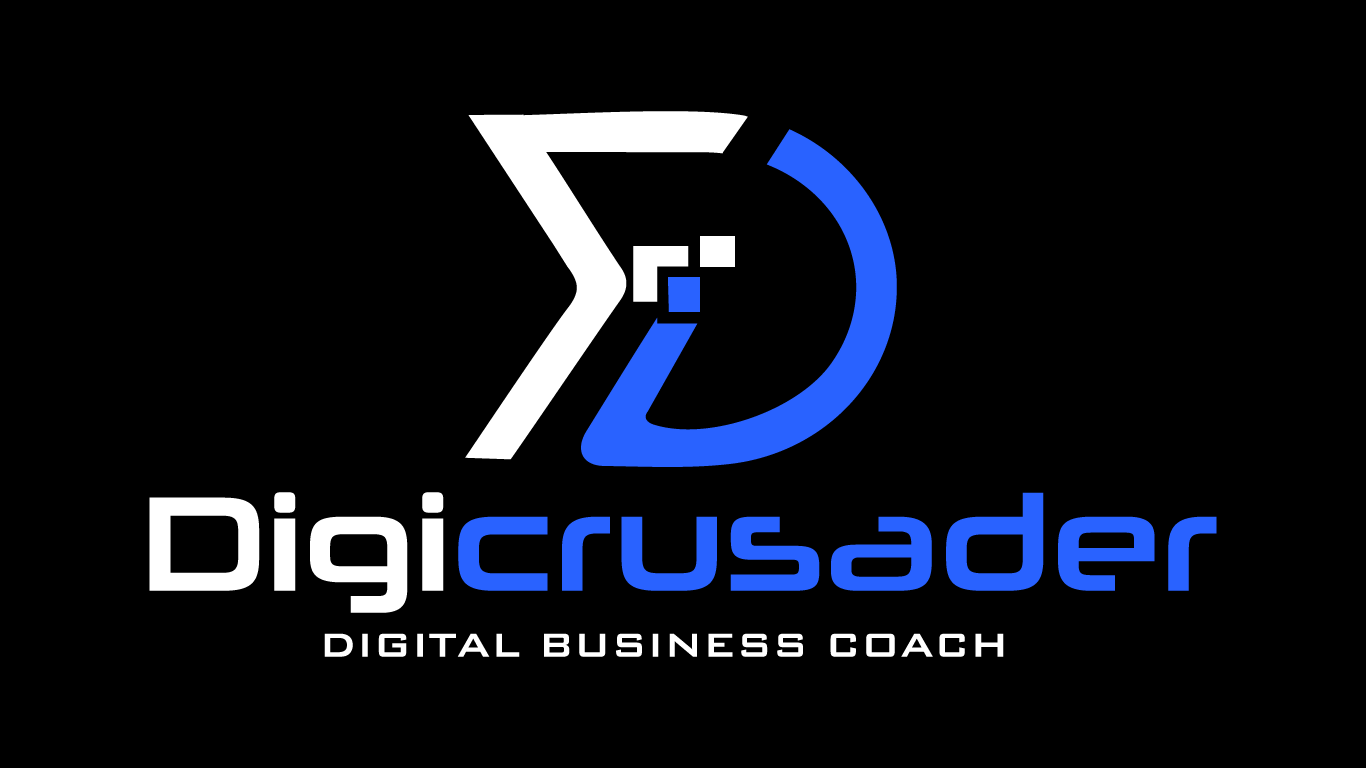In today’s fast-paced business world, the role of CXO titles has become increasingly important as they represent the highest level of executives in an organization. With a plethora of responsibilities and duties, the C-suite has expanded to include a variety of positions that are crucial for the success of a company. In this article, we will explore 30 key CXO titles and their descriptions to help you gain a better understanding of these important roles.
Decoding Meaning of CXO Titles
The term CXO is a general designation used to refer to top-level executives in an organization. The “C” in CXO stands for “Chief,” and the “X” can refer to any functional area or discipline, such as operations, finance, marketing, or technology. For example, the Chief Executive Officer (CEO) is a type of CXO, as is the Chief Financial Officer (CFO), the Chief Marketing Officer (CMO), and the Chief Technology Officer (CTO).
The CXO designation is used to identify the most senior executives in an organization and is often used to differentiate them from other executives, such as Vice Presidents or Directors. CXOs are typically responsible for setting the strategic direction of the organization, managing key functional areas, and driving long-term success.

Key CXO Titles and Descriptions
Let’s checkout 30 Key CXO titles which have emerged in business, and what each of these roles entails:
1. CEO (Chief Executive Officer)
The CEO is the ultimate decision-maker in an organization and is responsible for setting the strategic direction of the company. The CEO plays a crucial role in leading the organization to achieve its goals, driving growth, and creating a culture of innovation and success.
2. CFO (Chief Financial Officer)
The CFO is responsible for managing the organization’s finances, ensuring that the company has the necessary financial resources to achieve its objectives. The CFO is also responsible for maintaining accurate financial records, reporting financial results to stakeholders, and managing financial risk.
3. CIO (Chief Information Officer)
The CIO is responsible for overseeing the organization’s technology strategy and operations. This includes managing IT infrastructure, software development, data management, and cybersecurity. The CIO plays a critical role in ensuring that the organization’s technology resources are used effectively and efficiently, and that the company is prepared to deal with potential technology-related risks.
4. COO (Chief Operating Officer)
The COO is responsible for overseeing the day-to-day operations of the organization. This includes managing manufacturing, logistics, and other operational functions. The COO plays a key role in ensuring that the organization runs smoothly, that resources are used effectively, and that the company is able to meet its operational objectives.
5. CMO (Chief Marketing Officer)
The CMO is responsible for overseeing the organization’s marketing strategy and execution. This includes managing brand identity, advertising, public relations, and customer engagement. The CMO plays a crucial role in ensuring that the organization’s products or services are effectively marketed and that the company is able to attract and retain customers.
6. CHRO (Chief Human Resources Officer)
The CHRO is responsible for managing the organization’s human resources functions. This includes talent acquisition, employee engagement, performance management, and benefits administration. The CHRO plays a crucial role in ensuring that the organization has the right talent in place to achieve its objectives and that employees are motivated and engaged in their work.
7. CDO (Chief Data Officer)
The CDO is responsible for managing the organization’s data strategy and operations. This includes data governance, data analytics, and data quality. The CDO plays a crucial role in ensuring that the organization is able to effectively use data to make informed decisions and that the company is prepared to deal with potential data-related risks.
8. CCO (Chief Customer Officer)
The CCO is responsible for managing the organization’s customer strategy and operations. This includes customer service, customer experience, and customer retention. The CCO plays a critical role in ensuring that the organization is able to effectively engage with its customers and build strong customer relationships.
9. CRO (Chief Revenue Officer)
The CRO is responsible for managing the organization’s revenue growth and sales strategy. This includes managing sales operations, sales enablement, and sales management. The CRO plays a key role in ensuring that the organization is able to generate revenue and achieve its financial objectives.
10. CISO (Chief Information Security Officer)
The CISO is responsible for managing the organization’s information security strategy and operations. This includes managing cybersecurity risk, implementing security controls, and ensuring compliance with relevant regulations. The CISO plays a critical role in ensuring that the organization’s information assets are secure and that the company is prepared to deal with potential security-related risks.
11. CDOO (Chief Digital Operations Officer)
The CDOO is responsible for managing the digital transformation strategy of the organization, overseeing digital operations, and ensuring that the company is leveraging technology to drive operational efficiency and innovation.
12. CPO (Chief Product Officer)
The CPO is responsible for overseeing the organization’s product strategy and development. This includes managing product innovation, product design, and product marketing. The CPO plays a key role in ensuring that the organization is able to create and deliver products that meet the needs of its customers.
13. CLO (Chief Legal Officer)
The CLO is responsible for managing the organization’s legal affairs. This includes providing legal advice to the organization’s leadership, managing legal risk, and ensuring compliance with relevant regulations.
14. CMOO (Chief Medical Officer)
The CMOO is responsible for managing the organization’s medical operations. This includes overseeing clinical operations, patient care, and medical staff management. The CMOO plays a critical role in ensuring that the organization is able to deliver high-quality medical care to its patients.
15. CPOO (Chief Procurement Officer)
The CPOO is responsible for managing the organization’s procurement strategy and operations. This includes managing supplier relationships, negotiating contracts, and ensuring that the organization is able to procure the goods and services it needs to operate effectively.
16. CCOO (Chief Customer Operations Officer)
The CCOO is responsible for managing the organization’s customer operations. This includes managing customer service, customer support, and customer engagement. The CCOO plays a critical role in ensuring that the organization is able to effectively serve its customers and build strong customer relationships.
17. CTO (Chief Technology Officer)
The CTO is responsible for managing the organization’s technology strategy and operations. This includes managing IT infrastructure, software development, and technology innovation. The CTO plays a critical role in ensuring that the organization is able to leverage technology to achieve its strategic objectives.
18. CDOA (Chief Digital Officer for Analytics)
The CDOA is responsible for managing the organization’s data analytics strategy and operations. This includes managing data governance, data analysis, and data visualization. The CDOA plays a key role in ensuring that the organization is able to effectively use data to make informed decisions.
19. CTOO (Chief Talent Officer)
The CTOO is responsible for managing the organization’s talent strategy and operations. This includes managing talent acquisition, talent development, and employee engagement. The CTOO plays a critical role in ensuring that the organization has the right talent in place to achieve its objectives.
20. CCOO (Chief Compliance Officer)
The CCOO is responsible for managing the organization’s compliance with relevant regulations and laws. This includes developing and implementing compliance policies and procedures, monitoring compliance, and reporting on compliance to relevant stakeholders.
21. CVO (Chief Visionary Officer)
The CVO is responsible for setting the organization’s vision and long-term strategy. This includes identifying new opportunities for growth and innovation and ensuring that the organization is positioned to succeed in the future.
22. CDAO (Chief Data and Analytics Officer)
The CDAO is responsible for managing the organization’s data and analytics strategy and operations. This includes managing data governance, data analysis, and data visualization. The CDAO plays a key role in ensuring that the organization is able to effectively use data to make informed decisions.
23. CCOO (Chief Culture Officer)
The CCOO is responsible for managing the organization’s culture and employee experience. This includes promoting a positive workplace culture, managing employee engagement, and ensuring that the organization’s values and mission are reflected in its culture.
24. CTOC (Chief Transformation Officer)
The CTOC is responsible for managing the organization’s transformation strategy and overseeing change management initiatives. This includes identifying opportunities for transformation, managing the implementation of transformation initiatives, and ensuring that the organization is able to adapt to changing business environments.
25. CCO (Chief Communications Officer)
The CCO is responsible for managing the organization’s communication strategy and messaging. This includes managing internal and external communications, public relations, and crisis communications. The CCO plays a critical role in ensuring that the organization’s message is consistent and aligned with its strategic objectives.
26. CDO (Chief Diversity Officer)
The CDO is responsible for managing the organization’s diversity, equity, and inclusion (DEI) strategy and initiatives. This includes promoting diversity and inclusion throughout the organization, managing DEI training programs, and ensuring that the organization is able to attract and retain a diverse workforce.
27. CPO (Chief People Officer)
The CPO is responsible for managing the organization’s human resources strategy and operations. This includes managing talent acquisition, employee development, and compensation and benefits. The CPO plays a critical role in ensuring that the organization has the right people in place to achieve its objectives.
28. CIO (Chief Information Officer)
The CIO is responsible for managing the organization’s information technology strategy and operations. This includes managing IT infrastructure, software development, and information security. The CIO plays a critical role in ensuring that the organization’s IT systems are secure, efficient, and aligned with its strategic objectives.
29. CQO (Chief Quality Officer)
The CQO is responsible for managing the organization’s quality management strategy and initiatives. This includes managing quality assurance, quality control, and quality improvement. The CQO plays a critical role in ensuring that the organization is able to consistently deliver high-quality products and services to its customers.
30. CRO (Chief Risk Officer)
The CRO is responsible for managing the organization’s risk management strategy and initiatives. This includes identifying and assessing risks, developing risk mitigation strategies, and monitoring risk levels. The CRO plays a critical role in ensuring that the organization is able to effectively manage risks and protect its assets.

Debate on Which CXO Title aka C Suite Title is Most Important
While each CXO role (or C Suite Role) is important in its own right, there is often debate around which role is the most critical to the success of the organization. Some argue that the CEO is the most important, as they set the strategic direction of the organization and are ultimately responsible for its performance. Others argue that the CMO is the most important, as they are responsible for driving revenue growth and customer acquisition.
Still, others argue that the CTO is the most important, as technology has become increasingly critical to the success of most organizations. Without a strong technology strategy and infrastructure, an organization may struggle to compete in today’s digital age.
Ultimately, the debate over which CXO role is most important is largely subjective and depends on the specific needs and goals of the organization. While some roles may be more critical in certain industries or at certain stages of the organization’s growth, all CXOs play a critical role in driving the organization’s success.
Future of CXO Titles aka CXO Levels
As technology continues to evolve and the business environment becomes increasingly complex, the role of CXO is likely to continue to evolve as well. Here are some potential trends to consider:
1. Increased focus on cybersecurity: With the growing threat of cyber attacks, organizations are likely to place an increased focus on cybersecurity. This may result in the creation of new CXO roles, such as Chief Information Security Officer (CISO), to help manage this critical area.
2. Emphasis on sustainability: As consumers and investors become more environmentally conscious, organizations are likely to place an increased emphasis on sustainability. This may result in the creation of new CXO roles, such as Chief Sustainability Officer (CSO), to help manage this critical area.
3. Integration of artificial intelligence (AI): As AI continues to become more prevalent in business, organizations are likely to place an increased focus on integrating AI into their operations. This may result in the creation of new CXO roles, such as Chief AI Officer (CAIO), to help manage this critical area.
4. Increased focus on customer experience: As competition intensifies, organizations are likely to place an increased focus on customer experience. This may result in the creation of new CXO roles, such as Chief Customer Officer (CCO), to help manage this critical area.
5. Greater emphasis on data and analytics: With the increasing availability of data, organizations are likely to place an increased emphasis on data and analytics. This may result in the creation of new CXO roles, such as Chief Data Officer (CDO), to help manage this critical area.
As these trends continue to evolve, the role of CXO is likely to become even more important in driving the success of organizations. By staying ahead of these trends and adapting to changing business environments, CXOs can help their organizations remain competitive and drive long-term success.
Final Take
The role of CXO has become increasingly important in today’s fast-paced business environment. As organizations face a growing number of challenges and opportunities, they need leaders who can guide them through change, manage risk, and drive innovation.
Each CXO brings a unique set of skills and perspectives to the organization, and together, they can help the organization achieve its strategic objectives and drive long-term success. While there may be debate over which CXO role is most important, the reality is that all CXOs play a critical role in ensuring that the organization is able to adapt and thrive in today’s business environment.
For more such interesting content on Leadership Insights, do subscribe to our blog.











